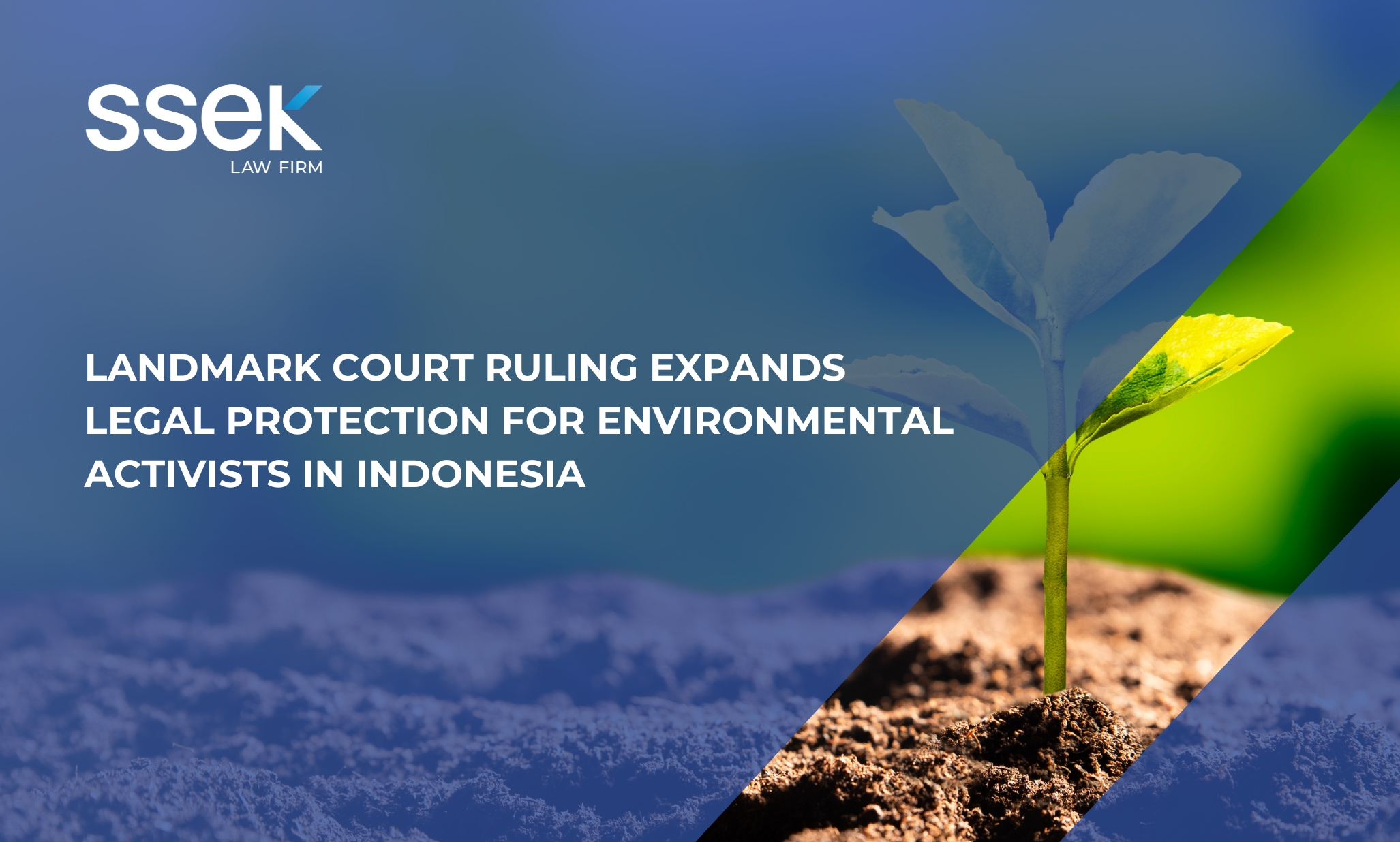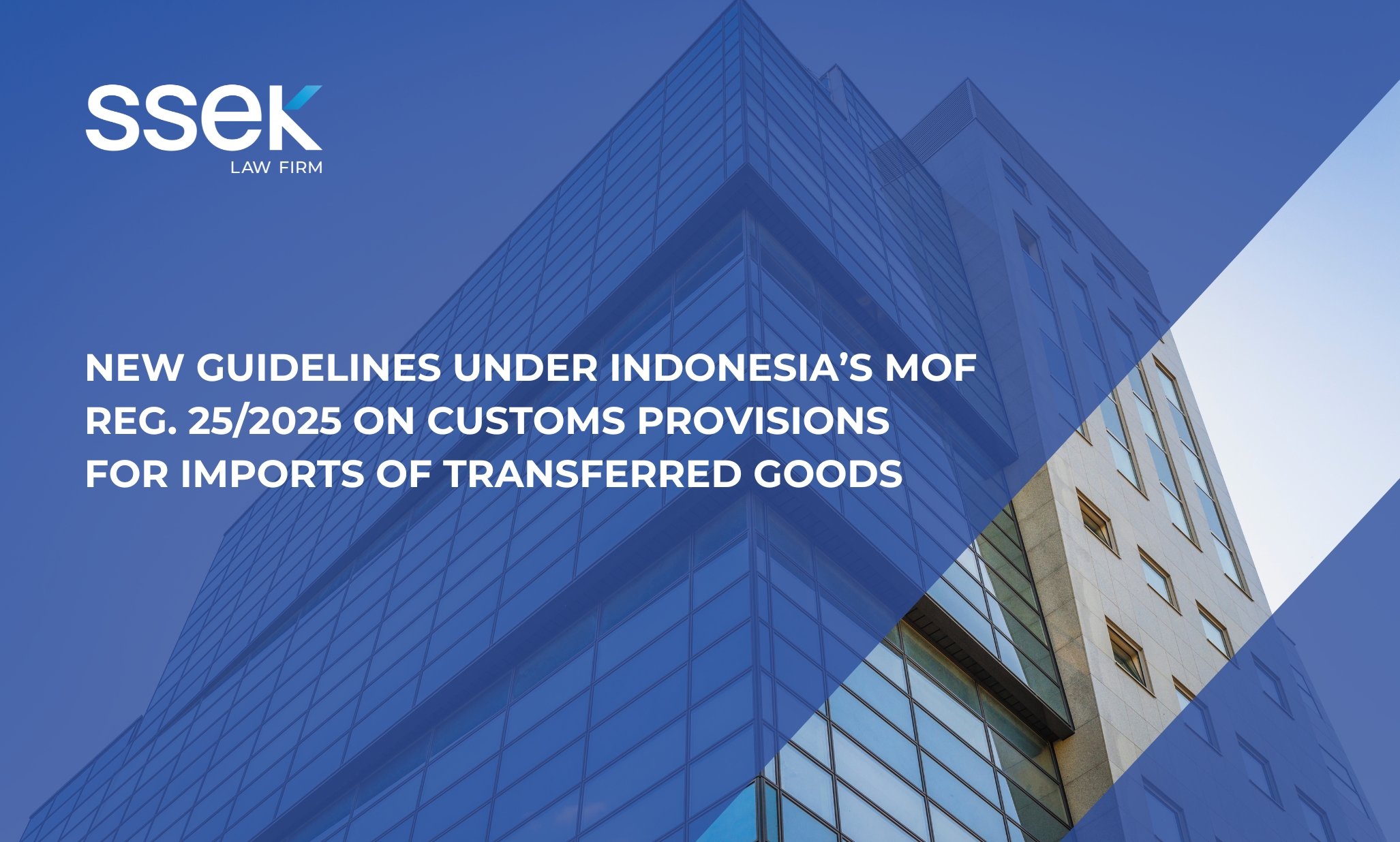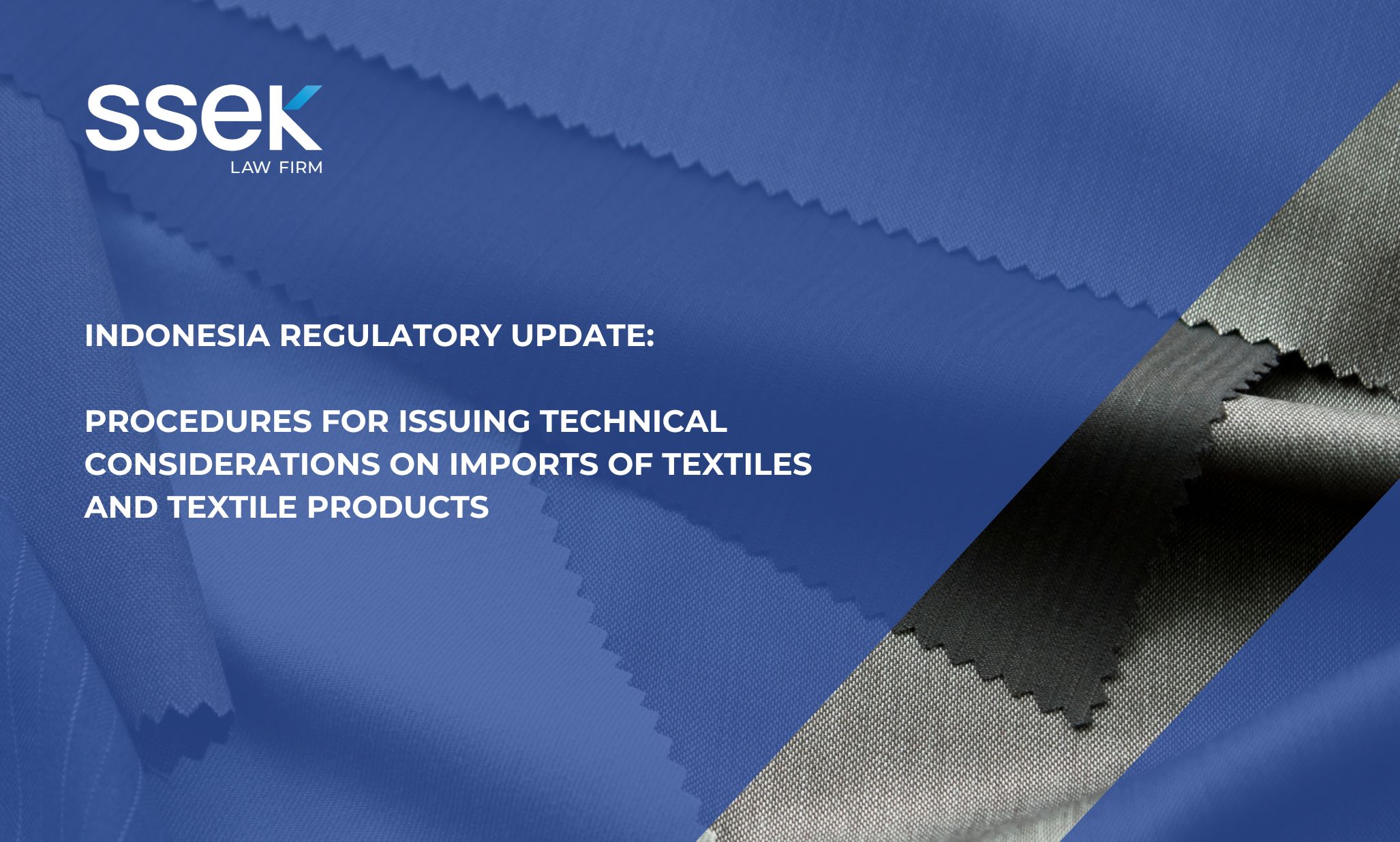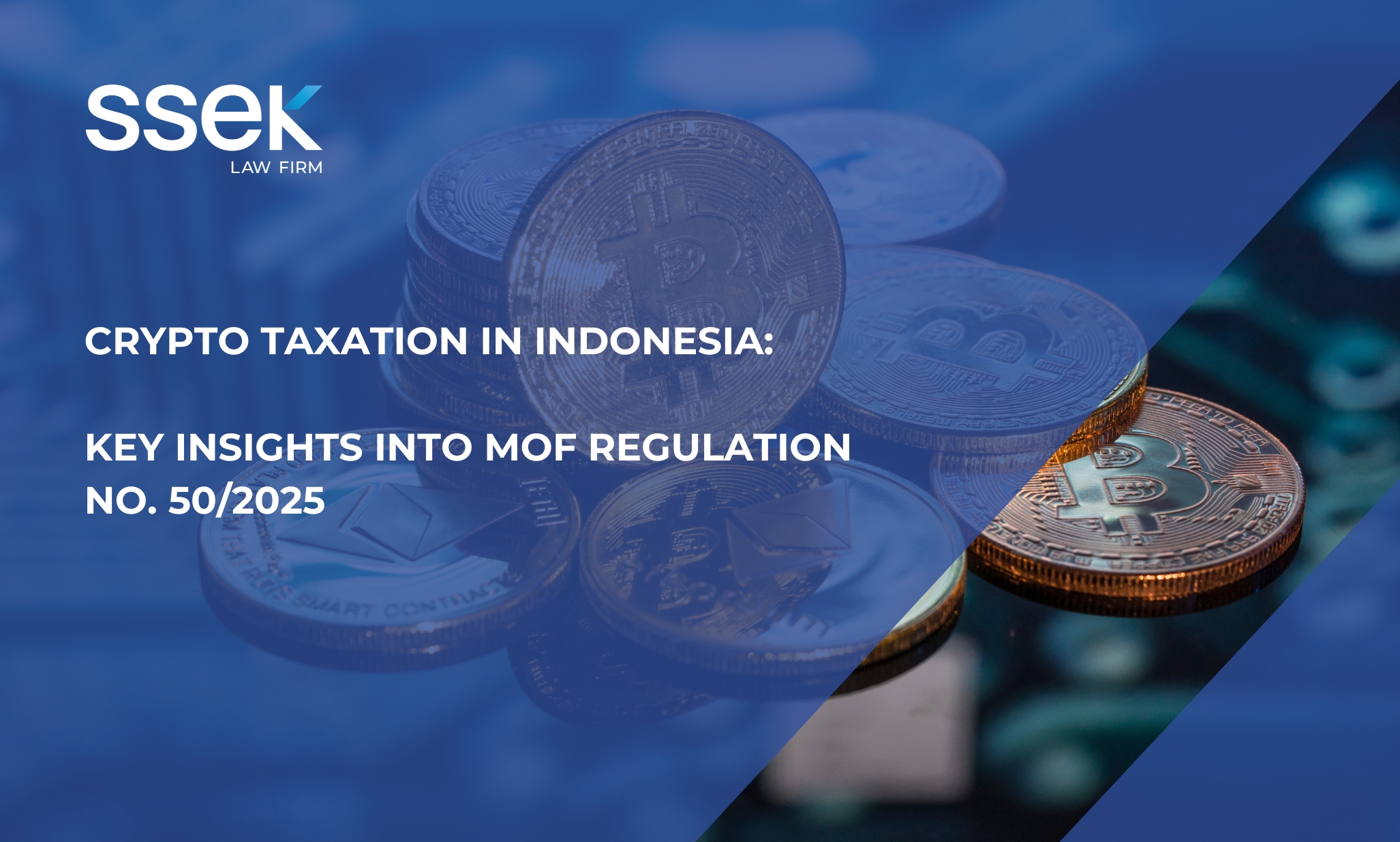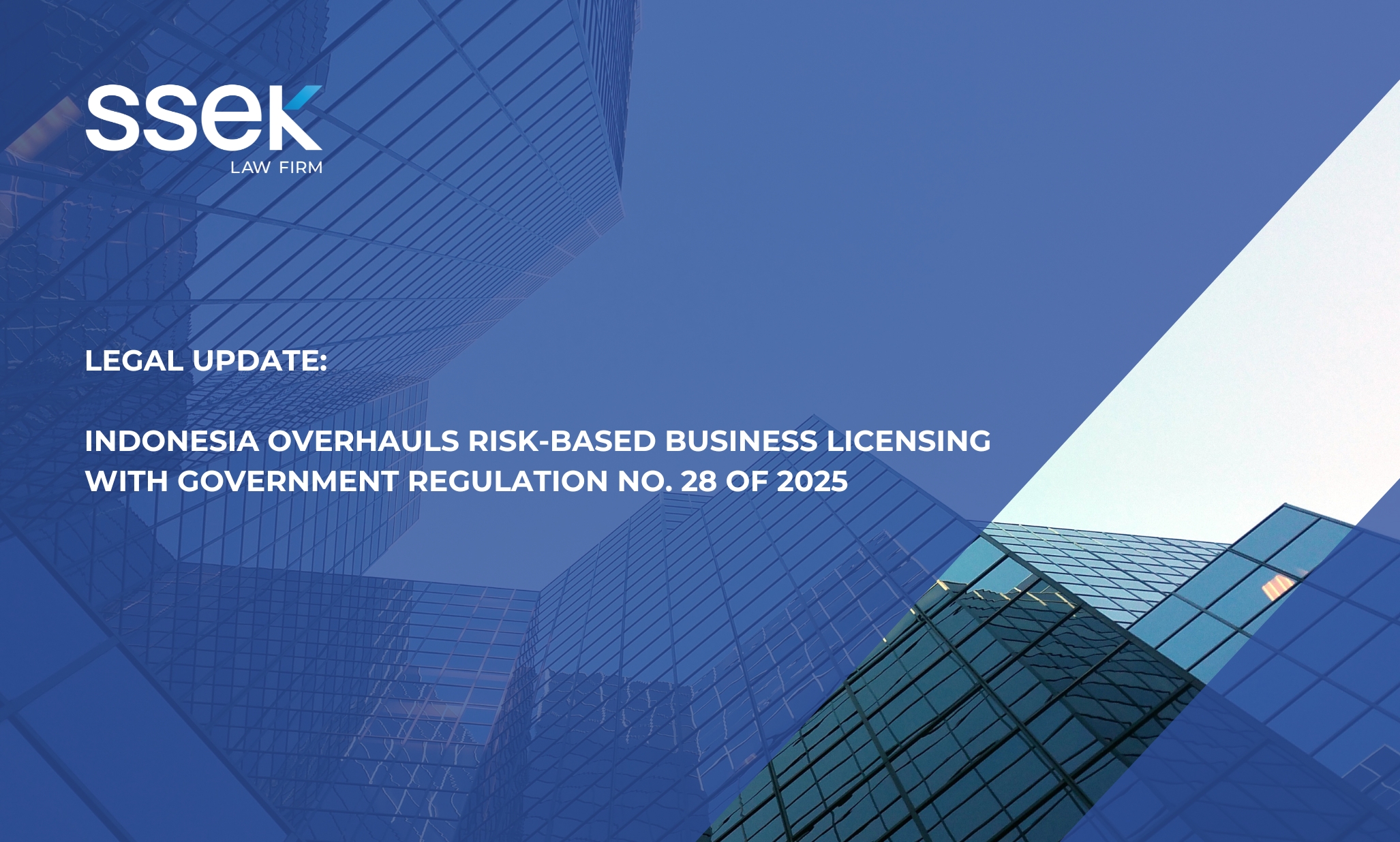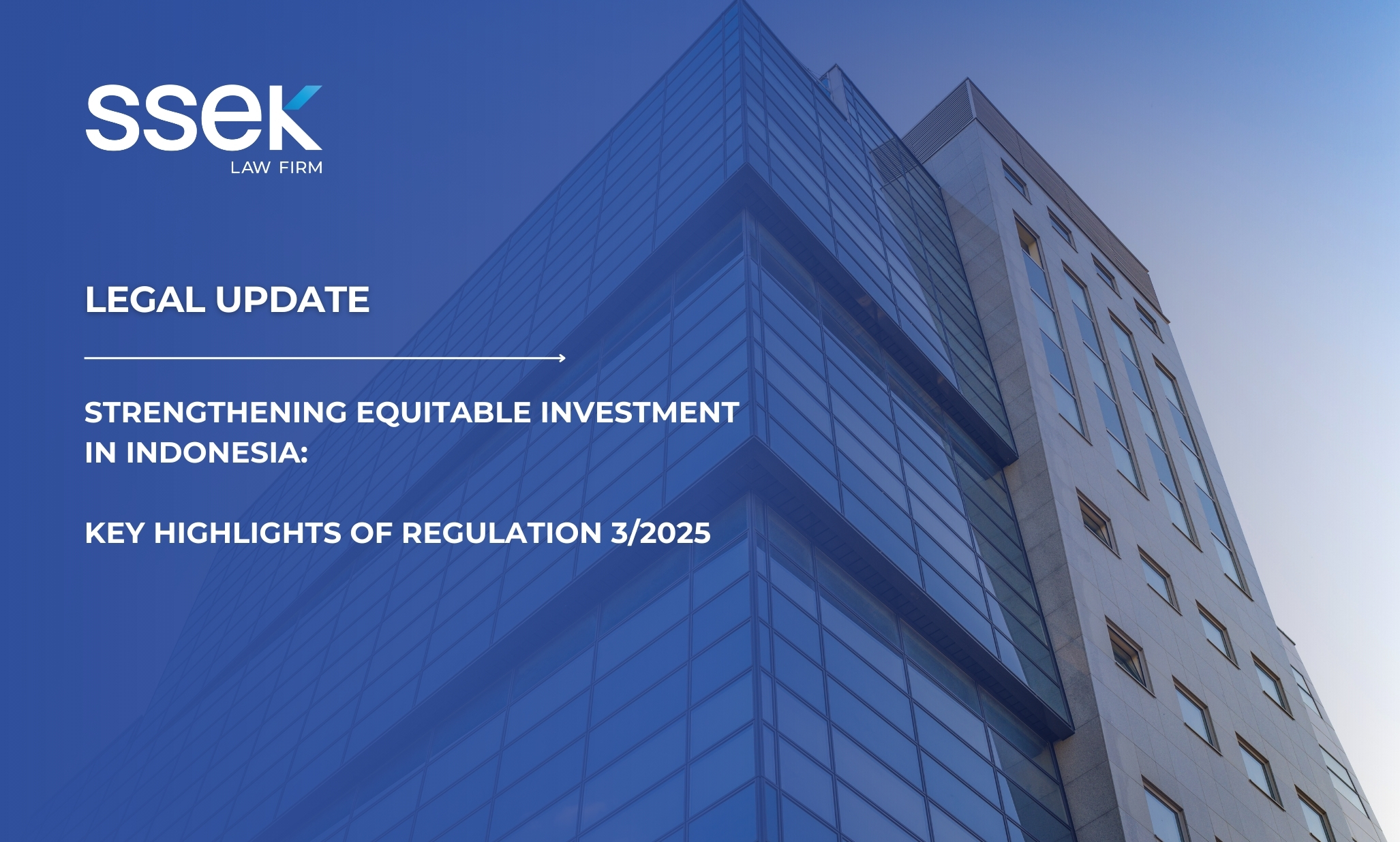


On August 13, 2025, Indonesia’s Minister of Investment/Head of the Investment Coordinating Board (“BKPM”) issued Regulation No. 3 of 2025 (“Reg 3/2025”). This regulation amends Minister of Investment/Head of BKPM Regulation No. 1 of 2022 regarding Procedures for Implementing Partnership in the Investment Sector Between Large Enterprises and Micro, Small, and Medium Enterprises (“MSMEs”) in the Regions.
The amendment emphasizes that investment is not just a matter of numbers, but a tool to create economic equality and social welfare. It reflects the government’s commitment to enhancing equitable investment practices by promoting inclusivity, strengthening transparency, and ensuring that the benefits of investment extend to local communities and vulnerable groups.
Key Changes Introduced by Reg 3/2025
1. Broader and Clearer Framework
Reg 3/2025 refines several definitions to provide greater legal certainty, including the introduction of people with disabilities as a recognized group within partnership schemes. It also clarifies key instruments such as the Commitment Statement, Business Partnership Agreement, and Partnership Contract, ensuring that all parties share a common understanding of their obligations. These refinements reduce ambiguity and establish a stronger foundation for enforcement.
2. Stronger Commitment and Local Prioritization
Large enterprises engaged in priority sectors are now required to submit a Commitment Statement through the Online Single Submission (“OSS”) system, detailing the type, value, and time frame of the partnership. Importantly, they must prioritize MSMEs in the same district or city and, where possible, MSMEs managed by or employing people with disabilities. Only if local partnerships cannot be realized may companies expand into neighboring areas or propose unaffiliated candidates. This approach seeks to strengthen local supply chains and underscores the regulation’s inclusive character.
3. Transparency, Contractual Standards and Sustainability
The amendment introduces stricter rules for selecting partners and documenting partnerships. MSMEs must be drawn from official lists provided by ministries, local governments, or associations, reducing the risk of “front” entities. Partnership agreements must also include key terms, including scope, obligations, payments, and dispute resolution. If an MSME grows into a large enterprise, both it and the original partner company must establish new partnerships with other MSMEs within one year. These measures strengthen accountability and help ensure that the benefits of partnerships remain sustainable.
4. Flexibility through CSR and Government Support
Recognizing practical challenges, the regulation allows large enterprises to fulfill partnership obligations through corporate social responsibility (CSR) programs if no suitable MSMEs can be identified. These CSR programs may include educational facilities, workforce training, or research initiatives, with the option to implement alternative programs tailored to local needs. This flexibility seeks to ensure that investment benefits are fairly distributed to surrounding communities, without undermining the main goal of inclusive growth.
5. Reporting, Recognition and Dispute Resolution
Enterprises must report their partnership activities through the OSS system, which shares data with relevant ministries and local governments to ensure transparency and closer monitoring. The Ministry of Investment and BKPM may also grant awards to companies, MSMEs, and local governments that actively support partnership initiatives, encouraging best practices. For MSMEs facing challenges, the government provides guidance and capacity-building rather than immediate sanctions. The regulation also sets out a clear dispute resolution process, prioritizing amicable settlement and, if necessary, mediation by the Ministry of Investment or BKPM.
Conclusion
Reg 3/2025 represents a significant milestone in strengthening Indonesia’s investment framework. By combining clearer obligations with practical flexibility, it seeks to ensure that partnerships between large enterprises and MSMEs deliver meaningful and lasting benefits to local communities. The prioritization of persons with disabilities, the emphasis on transparency, and the integration of reporting and recognition mechanisms collectively position this regulation as a cornerstone in advancing equitable investment practices in Indonesia.
This publication is intended for informational purposes only and does not constitute legal advice. Any reliance on the material contained herein is at the user’s own risk. All SSEK publications are copyrighted and may not be reproduced without the express written consent of SSEK.




